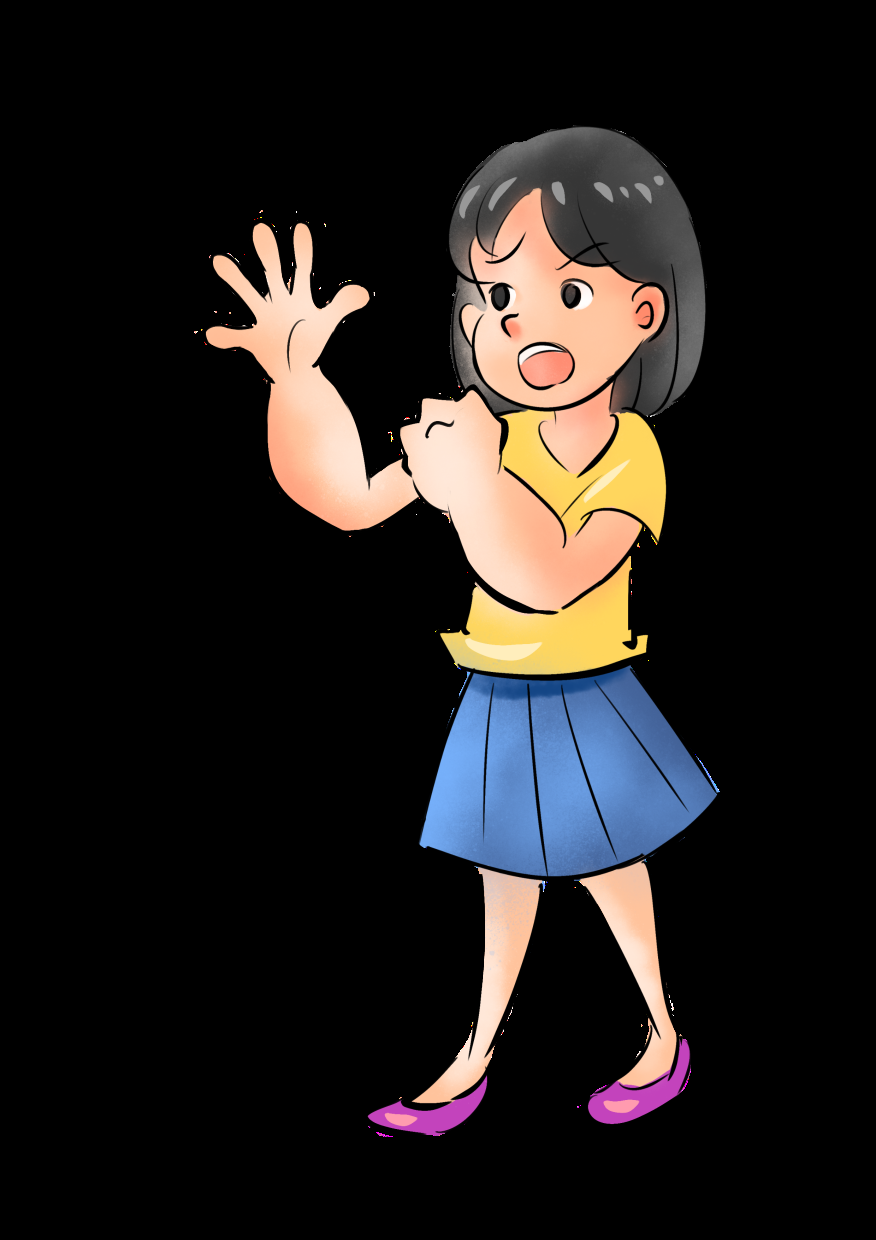Everyone wants to look beautiful and some people do facial liposuction to target the pinchable fat that has accumulated in the face and is resistant to diet and exercise. — 123rf
When it comes to liposuction, plastic surgeons – the most qualified professionals to perform the job – face stiff competition from unlicensed salons and practitioners, both medical and non-medical.
Many patients have suffered from botched-up procedures in such places, but sadly, are reluctant to report them to authorities.
In his almost three decades as a consultant plastic and aesthetic surgeon, Dr Lee Kim Siea has seen plenty of these cases.
These patients seek help from him to fix the damage.
He says: “The majority of the procedures were done in unlicensed places by non-doctors or foreign doctors (not plastic surgeons) illegally practising in the country.
“The area that was liposuctioned is either irregular or indented.
“These problems are difficult to rectify because to redo the area, you’ve got to suck out the fat from elsewhere and inject it back in the damaged site.
“This takes time, but the affected area will never be normal again.”
Among the worst liposuction cases he has seen is one where all the patient’s fat was sucked out from her arms and thighs, leaving only skin and muscle behind.
“There was no roundness at all and the arms and thighs had been badly contoured.
“The girl was also thin and I couldn’t find fat anywhere else to do a graft – there was nothing I could do.
“Our body is slightly rounded because of the fat below the skin, which acts as a cushion.
“If you strip all this fat, there is no more cushioning and this causes indentations,” he explains.
Another time, a patient told him that a beautician highly recommended a foreign doctor who was operating out of a shop lot.
The unsuspecting patient fell for the beautician’s sweet talk (she was getting a commission) and went to this doctor for a liposuction procedure.
He recalls: “She told me she lost so much blood that she almost died.
“She managed to find help to go home, and was in bed for three days before she could function again.”
The patient then consulted Dr Lee for subsequent procedures.
Consultant plastic surgeon Dr Jagjeet Singh chips in: “When a purported foreign ‘surgeon’ is said to be extremely good and charges more than our local plastic surgeons, why is he sitting in a shop lot or seedy place to make money?
“These are questions the public should think about.”
Customers must be aware
One reason why all these illegal centres are sprouting up could be due to a lack of coordination, regulation and enforcement between the relevant government authorities; not to mention the great demand for cosmetic procedures.
Malaysia’s beauty and personal care market is thriving, with projected revenue estimated to reach US$3.4bil (RM14.34bil) by the end of this year (2025).
The industry’s growth is driven by increasing consumer demand, amplified by social media influencers and the rise of e-commerce.
“Who doesn’t want to look good?” says Dr Lee.
“But we need to educate the public that if they want to do a cosmetic procedure, find qualified personnel instead of just looking at the price.
“If you want good service in a safe way, then it is definitely going to be more expensive than services offered in a house or shop lot.
“We need proper facilities such as an operating theatre, to engage an anaesthetist, use specific equipment, etc – all these require money.”
The price range for a liposuction procedure varies, depending on how much fat is removed, how many parts are involved, what type of anaesthesia is used, and whether it requires daycare or an overnight stay.
“For illegal salons that may charge even higher than us, it depends on how good the salesperson is.
“If the patient is willing to pay, why not?
“Such parlours always portray us as expensive, but patients must understand that once botched up, it is more expensive to treat,” Dr Lee points out.
As an individual, he can’t do much to regulate the industry or step up enforcement to crack down on unlicensed places or practitioners, so initiative needs to come from government authorities, medical groups and others.
“Not every fresh graduate can do a good job in cosmetic procedures – qualification alone is not enough.
“You also need loads of skills and experience to do them with finesse.
“A doctor who guarantees something is guaranteed not good!
“That said, patients are also hesitant to report to our Health Ministry (MOH) if anything goes awry, but that shouldn’t stop us from doing our job to educate the public,” he says.
When things go wrong
Readers may recall Coco Siew Zhi Shing, who died in October 2020 when the procedure to remove fat from her arms allegedly went awry at an unlicensed salon.
The model, who was to get married at the end of that year, was rushed to the hospital after her heart rate slowed following an anaesthetic injection to her arm.
She later died.
The home-style beauty salon, which charged RM2,500 for the liposuction surgery, was found online by the deceased.
According to Dr Jagjeet, what probably happened was that the tumescent fluid that was injected into her arm to numb the area was injected into a blood vessel instead of the fat area, and all the contents went into the bloodstream.
Siew’s heart likely stopped within minutes.
Doctors typically inject tumescent fluid – made up mostly of saline mixed with a small amount of a local anaesthetic and a blood vessel constrictor drug (to reduce bleeding) – into the fat through small incisions.
By using this method, the area being treated remains completely numb, allowing patients to remain comfortable, awake and alert throughout the entire liposuction procedure.
“In a hospital setting, with the anaesthetist present, they could have revived her (Siew) on the spot and she could have been alive today.
“As far as I know, no liposuction patient has died in the hands of a plastic surgeon,” Dr Jagjeet says.
Meanwhile, he questions what punishment was meted out to the unlicensed practitioner as there have been no reports after the tragedy.
ALSO READ: Owners of beauty salon where 23-year-old model Coco Siew died to be released on police bail
Another issue, he says, is that a lot of patients think general anaesthesia is dangerous and can lead to death.
“Therefore, they prefer to go to these illegal centres where local anaesthesia is administered.
“For general practitioners (GPs) who don’t have the certification to perform liposuction, they have to deal with their own conscience.
“I’ve had a few hitting the panic button and calling me when something went wrong,” he says.
Proper qualifications needed
Dr Jagjeet cites a case of a patient who had gone to a GP because the clinic was offering liposuction procedures.
The doctor performed liposuction 360, also known as lipo 360, on her upper arm.
Lipo 360, or circumferential liposuction, is a plastic surgery procedure that aims to reduce excess fat, usually all the way around the abdomen.
This includes treatment to the entire front of the abdomen, sides and entire back.
Dr Jagjeet explains: “Fat is distributed very differently in people and this patient would have probably looked at unrealistic social media posts on how the arms could be reshaped.
“That’s why I always ask patients if they follow Asian or Western social media posts because Westerners don’t post these kinds of before/after images, so their expectations are different.
“I’ve even gotten absurd requests for lipo 360 on the calves – it’s all social media driven.”
He adds: “Now the patient’s (botched) upper arm is smaller than her forearm – like Popeye the Sailor Man’s arm – but we cannot correct it as all the fat in the area is gone and the skin has already contracted.
“So she can’t wear sleeveless tops any more.”
Hence, patients are advised to do their homework first and research the doctor’s expertise and qualifications before signing up for liposuction or any aesthetic procedure.
“There is a notion out there that doctors are safe, but liposuction needs to be done by a plastic surgeon, ideally in a hospital setting.
“We’re not saying other surgeons or dermatologists cannot do liposuction, but they need to get an extra certification before they can perform liposuction procedures.” says Dr Jagjeet.
Unfortunately, most patients with undesired results end up suffering in silence instead of taking action against the practitioner, either because of embarrassment or due to inconvenience.






